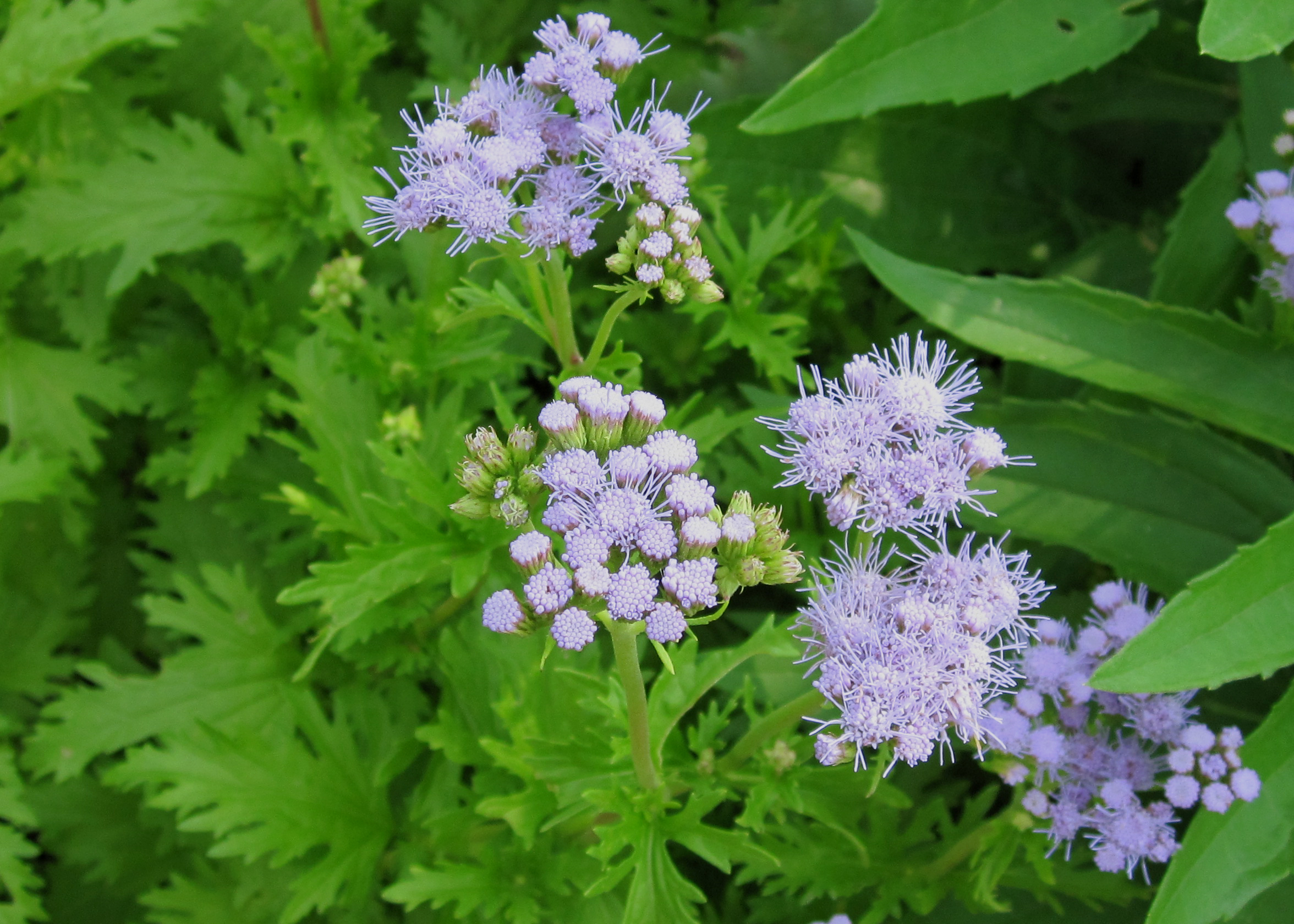New Texas Superstar introduced: Whopper begonias
- By: Adam Russell, 903-834-6191, [email protected]
- Contact: Dr. Brent Pemberton, 903-834-6191, [email protected]
- David Rodriguez, 210-631-0400, [email protected]
COLLEGE STATION — Wax begonias have long been a staple of Texas landscapes, but a recently introduced series has been distinguished as a bigger, brighter ornamental – Whopper begonias.
Whopper begonias have been named a 2016 Texas Superstar plant by Texas A&M AgriLife Research and Texas A&M AgriLife Extension Service horticulturalists after three years of field trials around the state.

To be designated a Texas Superstar, a plant must not only be beautiful but also perform well for consumers and growers throughout the state. Texas Superstars must be easy to propagate, which should ensure the plants are not only widely available throughout Texas but also reasonably priced.
All Whopper begonias tested so far have shown vigor in all regions of the state with larger foliage and flowers and an ability to better tolerate heat and direct sun than most other begonias, said AgriLife Research ornamental horticulturist Dr. Brent Pemberton, Overton.
With large leaves on large plants and enormous flowers held well above the foliage for a showy display, the Whopper lives up to its name, Pemberton said.
“They are outstanding in shade and partial shade and will tolerate full sun except in extreme heat, especially regions with low relative humidity,” he said. “Both green and bronze foliage types are available with red or rose flowers. Everything is bigger in Texas and Whopper begonias fit the bill.”
Whopper begonias have also shown vigor against pests and disease, though Pemberton noted the plants should not be overwatered to avoid crown rot.
Whopper begonias planted in shade can reach 24-30 inches tall with a 12-16-inch spread but will be shorter and more compact with more sun. Small plants can be placed 8-10 inches apart for quicker fill, but up to 12-14 inches apart with larger plants in 6-inch to gallon-size containers.
Pemberton said it is best to plant Whopper begonias in spring just after frost, but they can be planted later. Plants tolerate heat and direct sun better if they are allowed to become well established prior to summer heat. A shady location is advised if planting in mid-summer.
A well-prepared bed with organic matter and good drainage is best, Pemberton said, but the variety is tolerant of various soil types. Whopper begonias are moderately drought tolerant and soil should be kept moist but not too wet.
AgriLife Extension horticulturist David Rodriguez, who serves Bexar County, recommends using a peat-based potting mix in containers that drain well and applying generous amounts of slow-release fertilizer.
Whopper begonias would also do well on patios, in large planters or as landscape border plants, Rodriguez said.
It is OK for the plants to dry down a bit, as they recover from wilt quite well; still the containers need to drain well, Rodriguez said.
The Whopper begonias performed very well in AgriLife Research and Extension trials as well as for selected growers and gardeners around the state, Rodriguez said.
Rodriguez said both the bronze- and green-leafed plants do well in direct sunlight in most regions, even through July and August. For the green-leafed variety, mid-afternoon shade or filtered light provides a good break from the summer sun.
Though Whopper begonias are considered annual plants, Rodriguez said the plant also performed as a short-lived perennial in some areas of the state.
Rodriguez said the Texas Superstar selections are being released just in time for Mother’s Day. He said the annual plant would make a great gift because it is easy to grow and has the vigor to succeed anywhere in the state.
“We’ve gotten very positive feedback and reports on the Whopper begonias,” he said. “It’s something different and unusual and would be a good choice for Mother’s Day.”

The variety was developed by Ernst-Benary Seed Co. and is sold exclusively through Ball Ingenuity. Plants are available from retail nurseries and garden centers across the state, and seed can be purchased by mail order.
Texas Superstar is a registered trademark owned by AgriLife Research, a state agency that is part of the Texas A&M University System. Plants are designated Texas Superstars by the Texas Superstar Executive Board, which is made up of seven AgriLife Research and Extension horticulturalists.
More information about other Texas Superstar plants and a list of wholesalers and retailers who stock them can be found at http://texassuperstar.com/.





